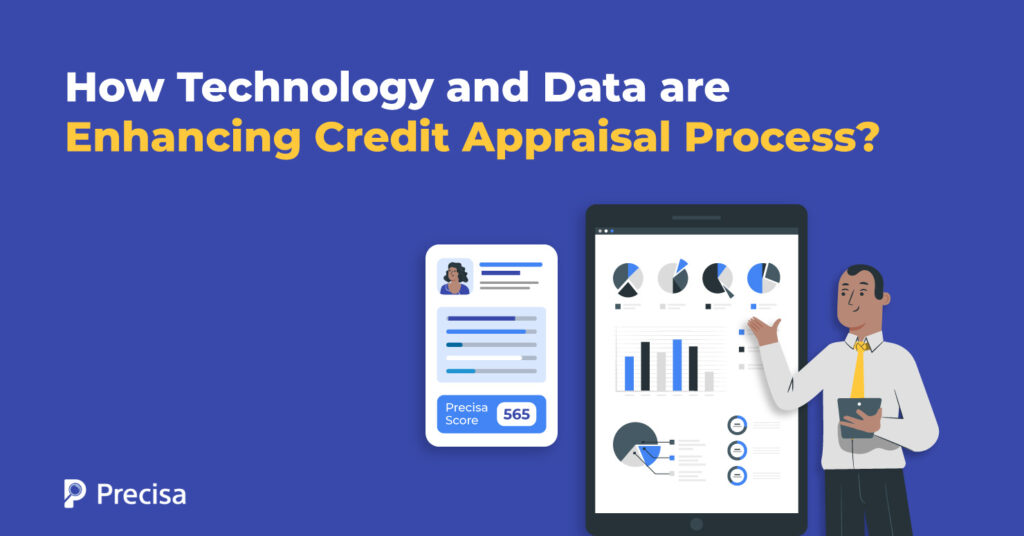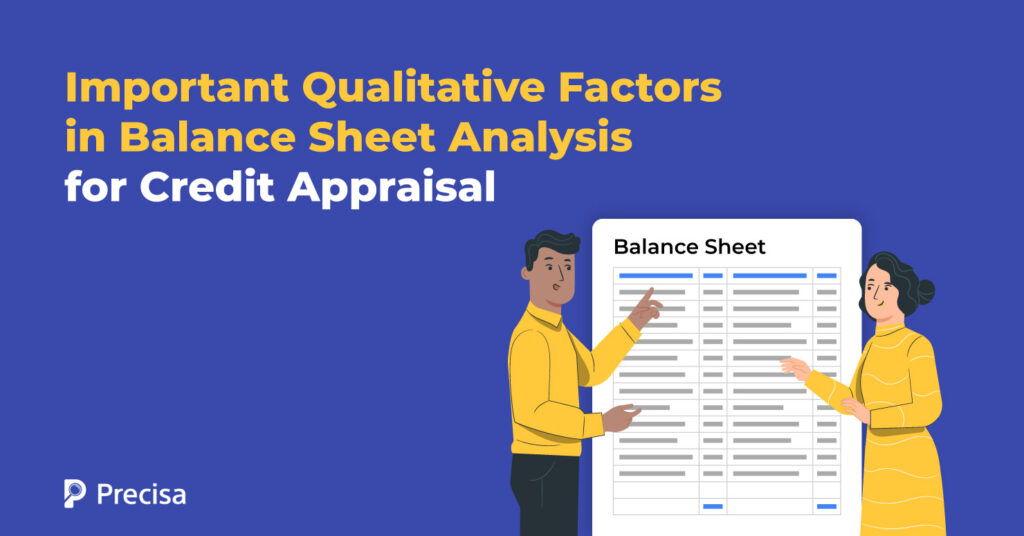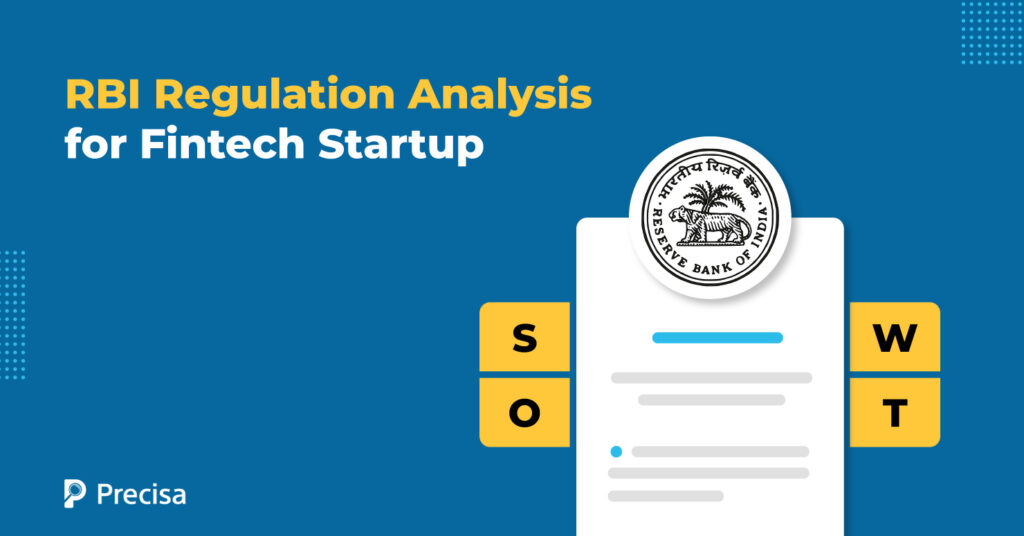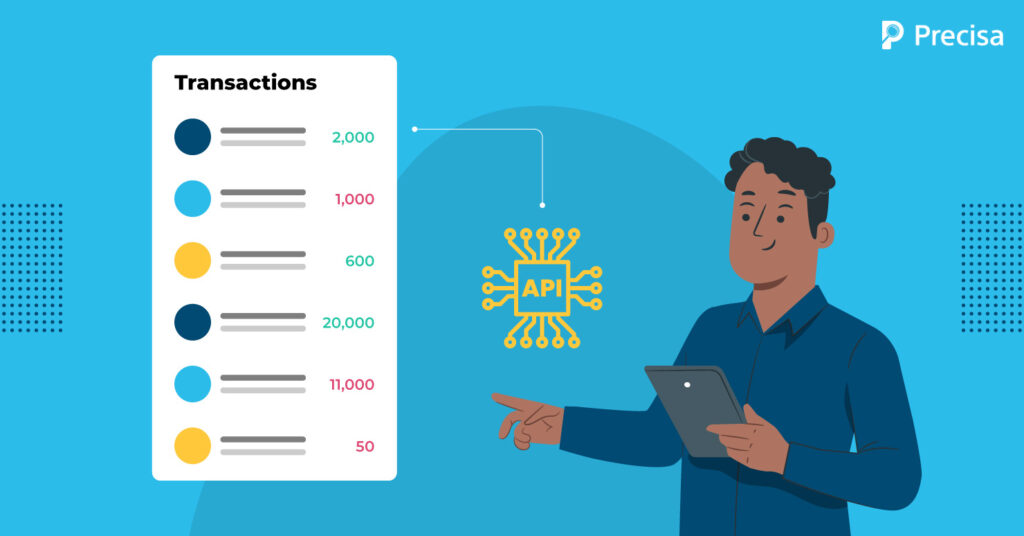Accurately assessing the borrower’s creditworthiness is necessary for a lender’s long-term success and stability. It is an integral part of the lending process; accuracy and promptness are two key aspects to consider in the credit appraisal process. Credit appraisal or credit assessment involves a comprehensive evaluation of the applicant’s credit history, financial capacity, and ability […]
Lenders Face RBI Scrutiny: Will Credit Growth Take a Backseat?
Regulations have always played an important role in the growth trajectory of lenders across the world. In India, the Reserve Bank of India (RBI) sets guidelines to ensure the smooth and ethical functioning of lending players and fair practices for borrowers. Recent news reports indicate that the RBI is taking strict action against lenders who […]
8 Ways Bank Statement Analysis by Precisa Can Accelerate Productivity
Productivity levels are an important measure of success for ambitious lenders looking to build a long-lasting, profitable business. A recent survey indicated that seven out of every 10 employers prioritise the quality of work, while performance indicators such as targets and project completion on time are considered to be primary indicators of productivity. As more lenders […]
Balance Sheet Analysis for Credit Appraisal: Important Qualitative Factors
The balance sheet is a crucial financial statement that reflects a company’s financial health at any given time. Balance sheet analysis examines a business’s balance sheet to evaluate its financial health and performance. It also involves analysing the composition and valuation of assets, the nature and maturity of liabilities, and the relationship between debt and […]
4 Major Challenges Faced By Fintech Companies in India
India is presently undergoing tech-led transformation, driving digitisation across key sectors such as manufacturing, healthcare, transport, agriculture, and finance. Among these, the financial technology (fintech companies) sector has emerged as a particularly dynamic force. With strong government backing and a surge in fintech innovation, India today hosts the third-largest fintech ecosystem globally. Valued at $31 […]
Fintech Startups: SWOT Analysis of RBI Regulations Regarding Consumer Borrowing
India, home to 9,000 fintechs, has the third-highest number of fintechs globally and holds a 14% share of Indian startup funding. Many fintech startups in India have forayed into digital lending. These fintech companies extend credit through the Non-Banking Finance Companies (NBFCs) they own or their partnerships with other NBFCs. As per industry estimates, the […]
Benefits of Cloud-Based NBFC Software for Financial Services Companies
Non-Banking Financial Companies (NBFCs) are crucial for offering various financial services in the contemporary financial and lending landscape. They act as alternatives to regular banks, using advanced tech to streamline operations, manage data efficiently, and meet regulations. The introduction of cloud-based NBFC software is revolutionising the game, presenting numerous advantages for financial service companies. The […]
From Traditional to Trendsetting: Why Lending Fintechs are the New Face of Borrowing
Borrowing is evolving as fintechs in India usher in a new era, shifting away from traditional banking methods. The digital lending market, valued at $43.16 billion in 2018, is projected to skyrocket to $567.3 billion by 2026, boasting a remarkable CAGR of 26.6%. Interestingly, lending fintechs companies are at the forefront of this change, reshaping […]
Future Outlook: The Evolving Relationship Between Fintech and Banks
Fintech combines finance and technology; it is transforming the financial landscape and reshaping the future of finance, leading to a collaboration between fintech and banks. Generally, it refers to businesses that leverage technology to improve and automate their financial services and processes. Fintech encompasses a rapidly growing trend, making financial services inclusive and efficient and […]
Overcoming 10 Challenges in Integrating API to Get Bank Transactions
Application Programming Interfaces (APIs) integration has become crucial for frictionless communication and data sharing between various systems in today’s quickly expanding digital ecosystem. Implementing API connectivity for bank transactions within the banking industry is a game-changing move towards boosting productivity, increasing consumer experiences, and opening up fresh doors for innovation. However, this procedure is not […]










